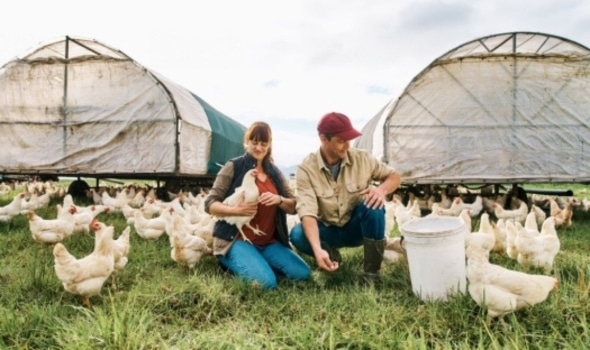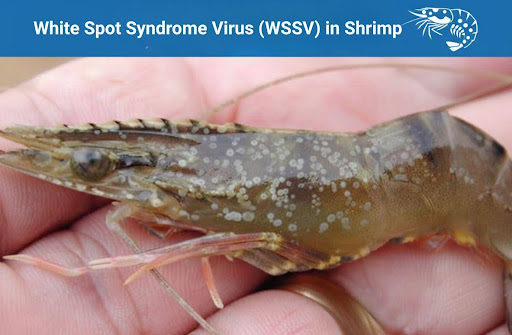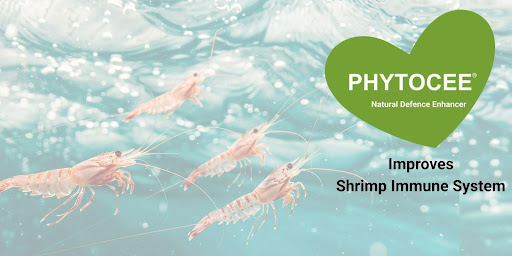If you are a poultry farmer or livestock owner, you will know the importance of providing the right amount of feed along with feed additives and supplements in order to keep your birds healthy. While feed is important for overall growth and sustenance, feed supplements and additives help provide the animals with nutrients that are not found in the feed. Every nutrient has its role to play in ensuring the health and growth of an animal. Let us take a look at the role of Vitamin C in Poultry and Livestock growth.
Vitamin C, also known as ascorbic acid, is an essential nutrient for poultry and livestock. It plays a critical role in supporting their immune health. The vitamin is required for the synthesis of collagen, a protein that provides structural support to tissues, including the skin, bone, and cartilage. Additionally, it is an antioxidant which helps to protect cells from damage caused by free radicals.
When it comes to poultry and livestock, ascorbic acid has been shown to have a positive impact on immune function, including enhancing antibody production and improving the function of white blood cells. As per studies, ascorbic acid can also help reduce stress in animals, which can improve their overall health and immune function.
Vitamin C is naturally synthesised in the kidneys of birds. However, when the birds are exposed to excessive heat, the production of the vitamin decreases, due to which they may require external supplements to meet their requirements. Vitamin C also plays an important role in the absorption of Vitamin D3 into its metabolic form.
Research has shown that poultry and livestock that are deficient in ascorbic acid are more prone to infectious diseases and have a higher risk of mortality. Therefore, it is essential to provide these animals with a diet that is rich in vitamin C to support their immune health and overall well-being.
There are several dietary sources of ascorbic acid that can be included in the diets of poultry and livestock, including fresh fruits and vegetables, such as oranges, strawberries, broccoli, and kale. In some cases, ascorbic acid may also be added to animal feed as a supplement.
Summing it all up, ascorbic acid plays a critical role in supporting the immune health of poultry and livestock. Ensuring that animals receive an adequate amount of ascorbic acid in their diet can help reduce their susceptibility to infectious diseases and improve their overall health and well-being, while effectively reducing stress.




